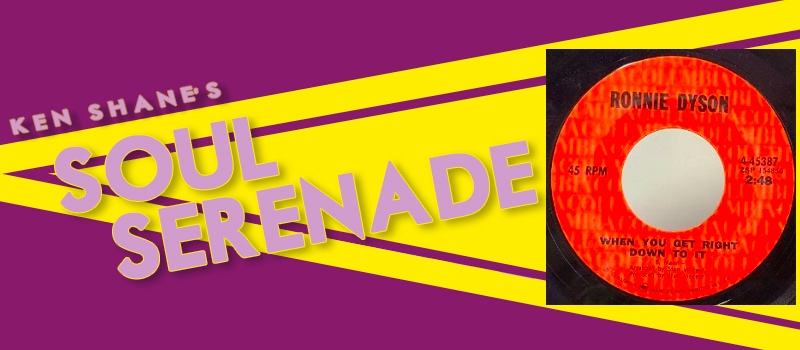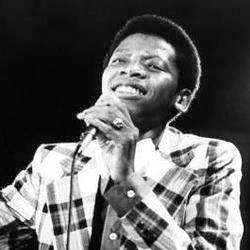 Some people just aren’t destined to live a long life. Ronnie Dyson was one of those people, but he filled the 40 years he had with music that continues to make people smile to this day. Before Dyson was ever a star on the charts, he was a star on the Broadway stage. He was born in Washington, DC, and grew up in New York City. He began his singing career in church, and by the time he was 18 years-old, he had won a starring role in the Broadway musical Hair. Dyson’s voice was featured on the show’s most well-known song, “Aquarius.”
Some people just aren’t destined to live a long life. Ronnie Dyson was one of those people, but he filled the 40 years he had with music that continues to make people smile to this day. Before Dyson was ever a star on the charts, he was a star on the Broadway stage. He was born in Washington, DC, and grew up in New York City. He began his singing career in church, and by the time he was 18 years-old, he had won a starring role in the Broadway musical Hair. Dyson’s voice was featured on the show’s most well-known song, “Aquarius.”
When the moon is in the seventh house
And Jupiter aligns with Mars
Then peace will guide the planet
And love will steer the stars
Hey, it was 1968. A year later, Dyson appeared in Robert Downey Sr.’s cult comedy Putney Swope. In 1970 Dyson returned to the theater with a role in the musical Salvation. It was his recording of a song from that show, “(If You Let Me Make Love to You Then) Why Can’t I Touch You?” that began his recording career. The record went Top 10 on the Billboard Hot 100. The follow-up single, “I Don’t Wanna Cry,” scored big on the R&B chart. Dyson’s hot streak continued with his version of Barry Mann’s “When You Get Right Down to It,” which the Delfonics had a hit with the previous year. Dyson’s version didn’t do quite as well, but managed to reach the Top 40 on the R&B chart in 1971.

If you’ve been reading this column for awhile you know that the name Thom Bell comes up quite often. In 1973 Dyson’s label, Columbia, sent him to Philadelphia to work with Bell. The collaboration resulted in the album One Man Band, which featured four songs written by Bell and his co-writer Linda Creed.
The rest of the album included Creed’s remixes of songs that Dyson had previously recorded. In addition to “When You Get Right Down to It,” these songs included Dyson’s original version of “Just Don’t Want to be Lonely,” which was a much bigger hit for the Main Ingredient a year later, and George Harrison’s “Something.” The album’s title track was released as a single and reached #28 on the Pop chart, and #15 on the R&B chart.
Dyson recorded three more albums for Columbia in the 1970’s. The title track from The More You Do It (1976), was a Top 10 R&B smash. After moving on to the Atlantic Records imprint Cotillion in 1981, Dyson recorded two more albums, and released a series of singles that met with only moderate success on the R&B chart. The last of these singles was “All Over Your Face,” which was released in 1983.
By that time Dyson was already in ill health, and his singing and acting careers suffered as a result. He died of heart failure seven years later, leaving behind a trail of hit records, and indelible stage and screen performances. A year after Dyson’s death the posthumous single “”Are We So Far Apart (We Can’t Talk Anymore),” a duet with Vicki Austin, had a five-week run on the Billboard Hot 100.





Comments